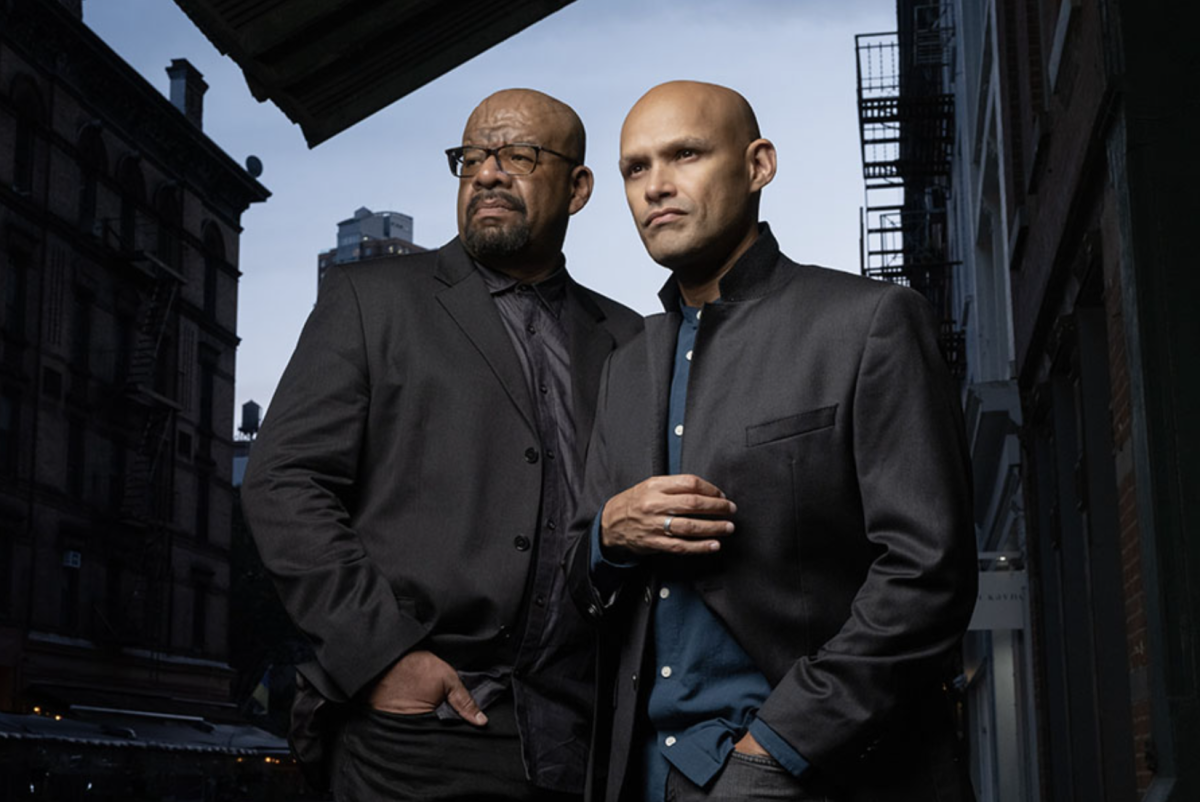Conflict between the Writers Guild of America (WGA) and the Association of Talent Agents (ATA) has highlighted the profound divide between writers and their agents. First brought to public attention a year ago, the conflict concerns unfair compensation and an outdated code of conduct. In recent news, the dispute has gained traction as an event that may bring big changes to the workings of the entertainment industry.
The WGA is comprised of two separate labor unions — Writers Guild of America, East and Writers Guild of America, West — representing writers of TV shows and film in a unified effort on both coasts. Writers typically hire agents to obtain work and find interesting projects. Agents also negotiate a writer’s payment by an employer, and then receive commission. The ATA is composed of over 100 talent agencies, with the most prominent in the industry being United Talent Agency, Creative Artists Agency, ICM Partners and William Morris Endeavor. While the ATA was created in 1937 with the intention of speaking on behalf of agents to handle interactions with different groups in the entertainment industry, the WGA feels that collaboration has been lacking because of how agents have misused their authority.
Since agents handle compensation for both themselves and writers, conflict arises in how the negotiation phase is carried out with employers and where the priorities of the agents lie. The WGA claims that agents seem to hold their own best interests in mind, sacrificing beneficial outcomes for writers. WGA stated that nearly 70 percent of their writers’ earnings go to agents in the top three talent agencies affiliated with the ATA. This statistic does not take into consideration other agencies within the ATA, indicating an even smaller portion of earnings go to the writer.
In the WGA’s Agency Agreement released this year, their statement of purpose asserts, “We do not owe our agents their wealth; they owe us their loyalty. That is what we pay for. In a complex, changing, yet immensely profitable time in our industry, writers need true allies, not deeply conflicted ones.”
Previously, the WGA and ATA had been following guidelines set in place in the “Artists’ Manager Basic Agreement of 1976” (AMBA), a document that was meant to officially direct conduct in writer-agent relations. A recent article from Vulture points out that while the WGA “renegotiates its collective bargaining agreement with the Alliance of Motion Picture and Television Producers every three years,” this has not occurred between the WGA and the ATA in the past five decades. Taking into consideration the constantly evolving entertainment industry, writers feel that the AMBA no longer adequately represents their side. They feel that a new deal is necessary to prevent agents from taking advantage of their writers for monetary gain, such as their use of “package fees.”
Package fees allow the agent to be paid more than the writer, despite the writer’s work being the product. Essentially, the agency gets directly paid from the party producing the writer’s work, rather than just the commission from the writer, which normally amounts to 10 percent of the writer’s pay. In the WGA’s official report titled “How the Major Hollywood Talent Agencies Put Their Interests Ahead of Their Clients’ Interests,” they emphasize that “[t]hrough packaging, an agency can collect tens of millions of dollars from a successful series it played little to no role in creating or producing.” This leads agents to have “significantly less incentive to increase any individual client’s compensation or otherwise advocate on their behalf.”
The WGA has also stated in their report that the average pay of writers in entertainment has fallen 23 percent from 2014 to 2016. A drastic decrease of nearly a quarter in earnings, writers are concerned about the future of their compensation, as this decline may possibly continue.
In April of last year, the WGA decided to alert the ATA of their intentions to change the use of the AMBA, with an advance notice of a year. Despite the past five meetings they have held together, little progress has been made. As the wait period is now over, the issue has hit mainstream news, marked by WGA’s recent announcement. WGA declared that if an agent does not agree to sign the new Agency Code of Conduct, the writer has the right to fire their agent. Of the approximately 800 WGA writers who have shown their support, 92 percent are reported to have fired their agents. Supporters of the WGA include showrunners/screenwriters Greg Berlanti, Tina Fey, Seth MacFarlane and Shonda Rhimes.
The conflict between the WGA and the ATA has since escalated, with a recent update approximating that 7,000 writers have fired their agents. In addition, WGA is reported to have sued the four most prominent agencies of ATA to settle the matter of unfair compensation in court. As the dispute continues, the likelihood of the two organizations compromising on good terms grows unlikelier by the day.




